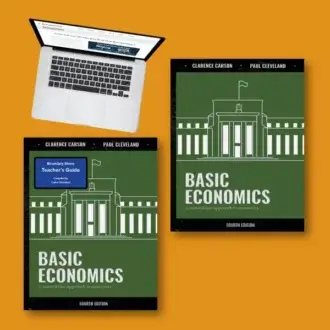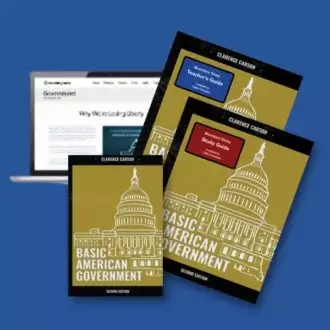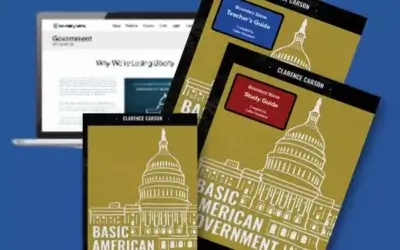The prophet Micah told his readers that God requires of us, “To act justly and to love mercy and to walk humbly with your God.” (Micah 6:8b) But what does this simple statement mean? The first thing to note is that there are three component parts of the statement. In this essay I would like to focus on the first two. To start, what does it mean that God requires that we act justly? What it means is pretty simple. It means we are to abide by his law in our relationships with one another. The second half of the Ten Commandments deals with these requirements. Namely, we should honor all of our relationships and refrain from murder, theft, and lying as we deal with other people. Finally, we should be content with ourselves and refrain from coveting the possessions of others. To promote justice, God ordained government to penalize and punish those who would violate others. This ordination is limited to specific crimes, as God has reserved for himself the task of final judgment and punishment.
Second, we are to love mercy. The Bible argues that all people have failed to live in complete accord with God’s law, but also states that God has been merciful to us in Christ Jesus. In particular, Christ died on the cross as a substitute to atone for the failures of people. Mercy, then, is a matter of God’s sovereign choice and pleasure. Though no one deserves God’s mercy and grace, he nevertheless has chosen to provide it in Christ. It follows that if we love the mercy extended to us by God we will show mercy as a matter of personal volition to others around us. But this raises another question. Are we still showing mercy if we abdicate this responsibility to government? Moreover, can government be the agency of dispensing mercy?
The answer to both questions is a resounding no. The reason why we cannot do this is fairly simple. The government has no inherent resources from which to show mercy. Therefore, in order to act as an agent of mercy it must do so by violating justice. That is, it must use force to acquire the resources from some people that it will give to others. In this sense it has denied someone’s property rights and participated in moving someone’s boundary stone. This does damage to the very concept of what mercy is.
For quite some time now our nation has been involved in the widespread redistribution of income based on the belief that this action promotes social justice. But is that true? I think that it isn’t. It penalizes hard work, thrift, and motivation in order to reward slothfulness, laziness, and immoral behavior. This is not to say that everyone receiving benefits from these programs are slothful and lazy and immoral; indeed there are many to whom we would want to show mercy. But there is no way for government to define the group that should receive the benefit without allowing those prone to being slothful and lazy and immoral a path to the resources. It is not in the nature of government to have the responsibility to be an agent of mercy. Since government must use force in some form in order to acquire the resources that are needed to show mercy to those in need, it is inherently calling the good (the protection of private property) evil, and the evil (the violation of private property by force) good. Such a system deserves our condemnation.
Some continue to argue for a system of redistribution on the grounds that the poor have fewer opportunities on the basis of one’s status at birth. There are certainly inequalities in our lives on this planet. Yet, to argue that this situation is unfair is to accuse the Creator of injustice. God deals with each person as an individual. He has given different abilities, talents, and resources to each of us, yet in no way can you accuse God of being unjust in his sovereign distribution of these talents.
“Shall the axe boast over him who hews with it,
or the saw magnify itself against him who wields it?
As if a rod should wield him who lifts it,
or as if a staff should lift him who is not wood!” (Isaiah 10:15)







Wonderful to hear wisdom from a man you know has God living in his heart.